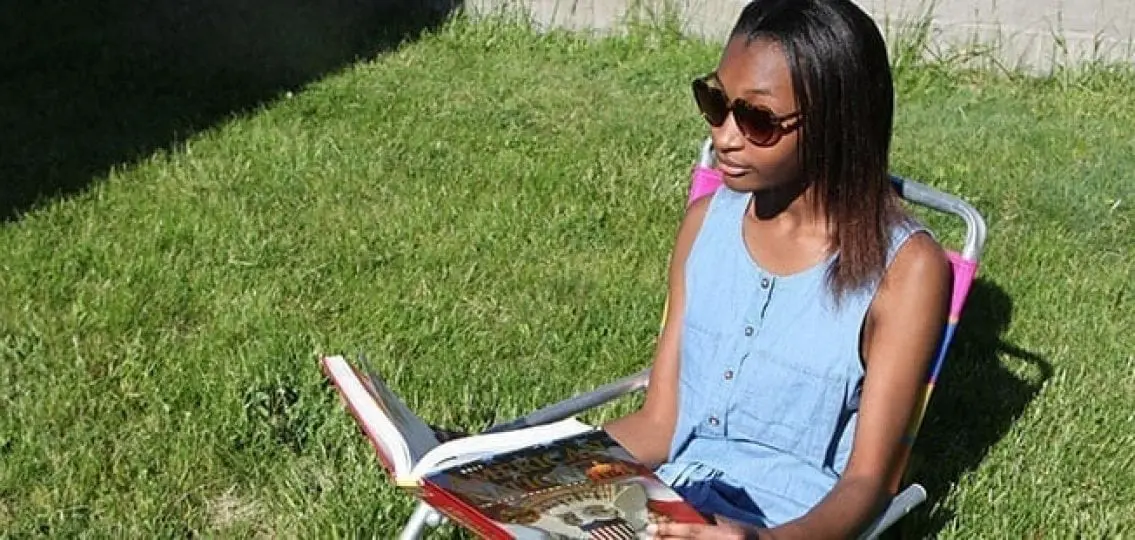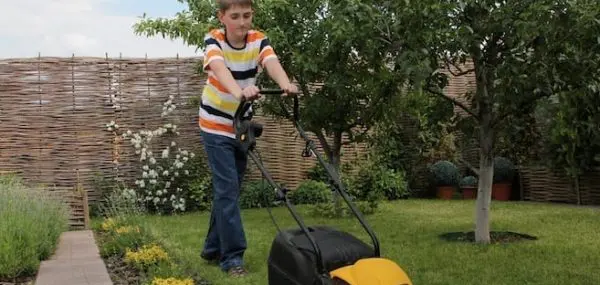No more pencils, no more books! Well, not exactly. Summer homework —unheard of when most parents were in high school—is the norm these days, mostly thanks to Advanced Placement or other college-level classes now common on high school campuses. Even middle school students now have assigned summer reading lists and math packets to complete.

How can you help your teenager avoid procrastinating until August and complete that summer homework—without ruining your family’s summer? Here are some tips.
Keeping Track of Summer Homework Assignments
Make a shared calendar.
“Before summer starts, I recommend parents and the student sit down and map out a shared calendar,” says Cathryn Sloane of Varsity Tutors, a private tutoring company. Whether it is a physical or digital calendar, together map out commitments. Block out family vacation, sports camps, theater camp, or practice—whatever extracurriculars or weekly engagements your student has. Make sure the calendar is something that you can both see every day as a good visual cue and reminder. A grace period at the beginning of summer is a good idea. “A little time off helps avoid burnout, gives your brain a break, and actually helps a student to feel refreshed and motivated when it’s time to start up again,” says Sloane.
Set deadlines.
Once you can see what commitments you already have, count the number of weeks remaining before school starts. Big summer assignments or concrete deadlines can be overwhelming, so break them up into mini-deadlines. If the assignment is summer reading, for example, make mini-deadlines to have four chapters of this book finished by this date. Set up reminders in advance so the student has notice of any upcoming deadlines. Help your teen stay on track with progress markers. “The best way to avoid procrastination,” advises Sloane, “is to have a good idea of what you have to do, because if you are overwhelmed, it’s harder to get started.”
Setting Goals
Encourage goals.
Let your student set his or her own goals. “Parents should be aware and involved in setting up deadlines,” says Sloane, “but your son or daughter should have a voice in that discussion.” Specific goals should come from the student and reflect what the child responds to best.

Don’t micromanage.
Nagging or policing can be counterproductive. “Older students have the maturity and capability to manage their summer homework themselves and should be encouraged to do it themselves,” Sloane says. “Summer is a great time to work on those time management skills.” Parents should have some limited involvement, however, to ensure that teens avoid any serious negative consequences.




